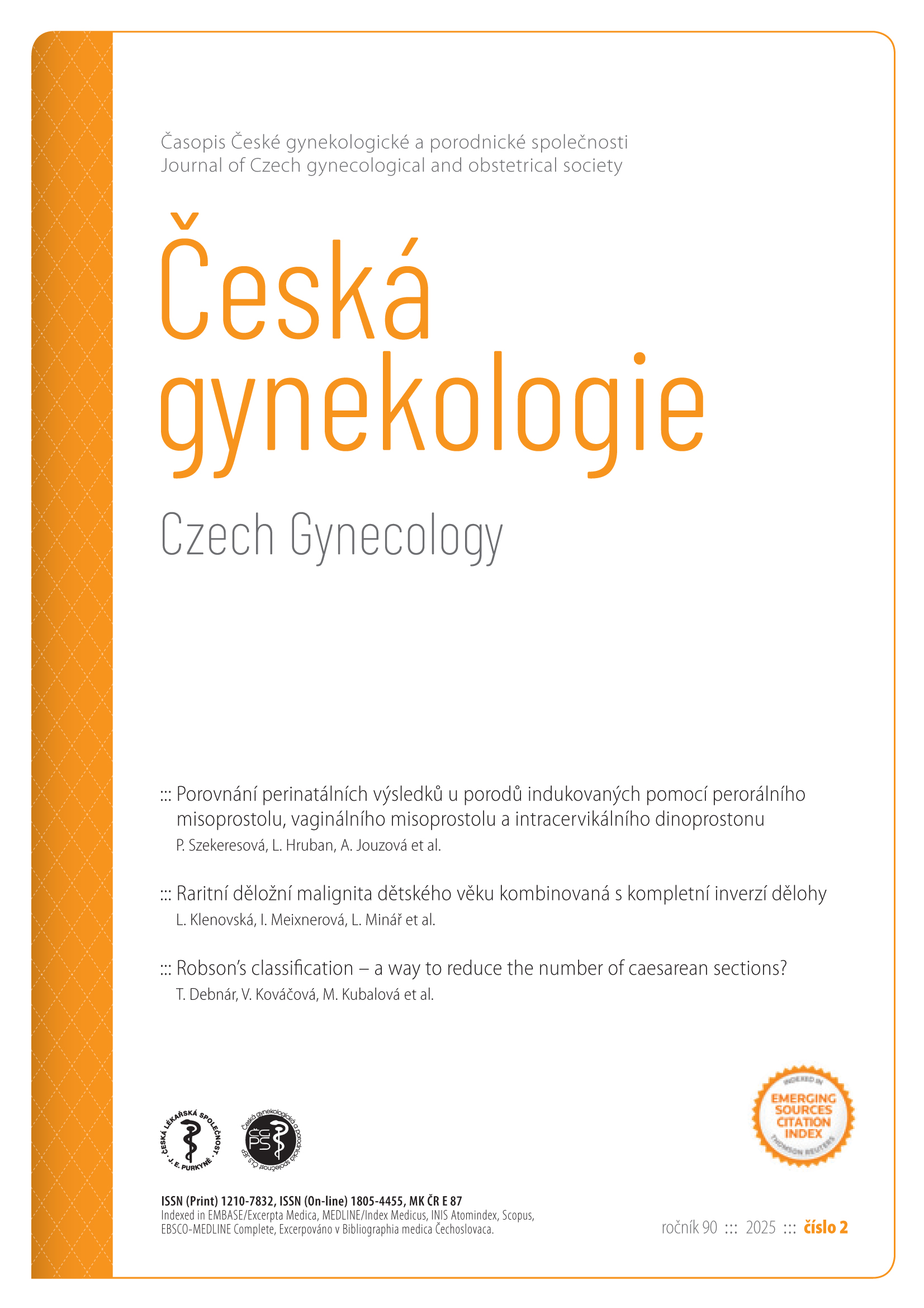Molecular mechanisms leading to fibrosis in endometriosis
Keywords:
endometriosis, biomarkers of fibrosis, cellular and molecular mechanism of fibrosis, deep infiltrating endometriosis, epithelial-to-mesenchymal transitionAbstract
Endometriosis is a complex chronic disorder with a high prevalence among women of reproductive age, significantly affecting both their quality of life and ability to conceive. In clinical settings, there is an increasing incidence of advanced disease stages, particularly deep infiltrating endometriosis, which not only produces severe clinical symptoms, but also results in organ involvement. This article aims to synthesize current insights into the pathological mechanisms underlying fibrotic remodelling, which is associated with the most severe manifestations of the disease. Furthermore, it provides the theoretical framework for an ongoing research project aimed at identifying molecular biomarkers implicated in the most advanced forms of endometriosis, with the potential to enhance prediction of disease progression.


